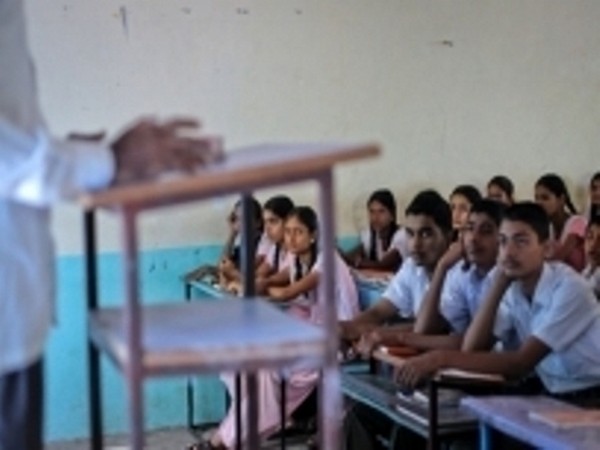92pc of Bengal primary students lost ability to learn languages in Covid time: study

- Country:
- India
Around 92 per cent of the primary students of West Bengal has lost the fundamental ability to learn languages during closure of schools due to the pandemic, and the figure is 82 per cent in the case of mathematics, according to a study. The government's initiatives of online teaching and supplying the children with worksheets were found to be far too inadequate to make the students learn, the study by a representative forum of primary school teachers of the state has found out. It also revealed that students are not getting proper diet due to loss of family income during the Covid-19 pandemic.
'Shiksha Alochana' released the study titled 'Learning Together: The Opportunity to Achieve Universal Education' on Thursday. ''From a quick assessment of 7204 students of primary classes, we found that a quarter of the children had ‘very poor’ level of competence; corresponding figures for ‘satisfactory’ and 'average’ were 44 per cent and 32 per cent respectively,'' it said.
Around 92 per cent and 82 per cent of the children have lost foundational abilities in language and mathematics respectively owing to Covid-19 school closures, the study said.
''Though some of the teachers and other social volunteers have developed ways of teaching-learning, including in-person teaching by maintaining health norms, and by using telephone, internet, and other communicative media, the learning achievement of a large section of the children was found to be terribly lacking,'' it said.
The forum also undertook a survey of the economic condition of parents in 369 households, which showed that children enrolled in government-run primary schools came mainly from working class families - day labourers, cultivators, and petty traders.
Pointing out that households have suffered a huge loss of income during the pandemic, it said the members' consumption of cereals, pulses, fish, meat, and vegetables has declined considerably. ''This adds to the urgency of re-opening of the schools and all the activities including the serving of cooked Mid-day Meal being resumed,'' the study recommended.
It said the first task is to prepare the ground for resuming school and, given the immense variations in local situations, it requires wide-ranging discussions at various levels.
While sanitisation of school compounds is needed, teachers should prepare themselves in a newer way to discover children in their full potential, the study said.
''Given the gap in schooling, it is centrally important to know the levels of competence of each student, and hence, they have to be assessed through a baseline exercise, which could be called Minimum Most Essential Learning Outcomes,'' the forum said in the report.
''It is a collective responsibility, of both government and society, to come to terms with a situation that has threatened the country by causing enormous harm to the educational prospects of children. The government may have a shortage of resources but that should not deter it from gathering the willpower to face the challenge,'' it said.
(This story has not been edited by Devdiscourse staff and is auto-generated from a syndicated feed.)
ALSO READ
Thunderstorm forecast for West Bengal amid sweltering heat
West Bengal Governor meets family of BJP worker found dead in 'mysterious circumstances'
"BJP will incite riots in West Bengal on April 17": Chief Minister Mamata Banerjee
2 farmers killed in lightning strikes in West Bengal
"People of West Bengal tired of TMC's corruption, poor governance": PM Modi ahead of Jalpaiguri rally










